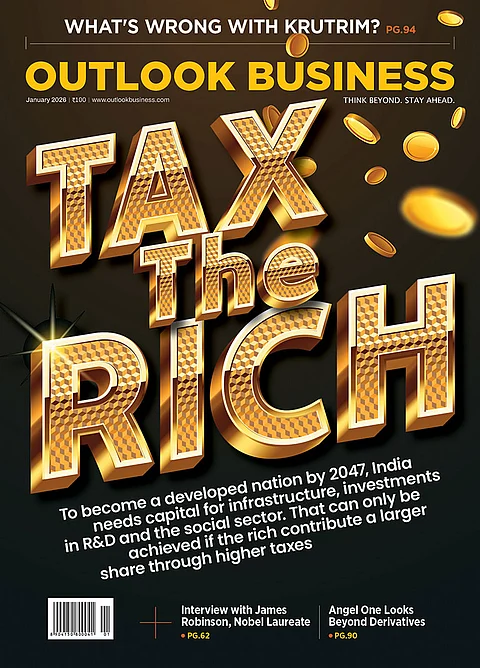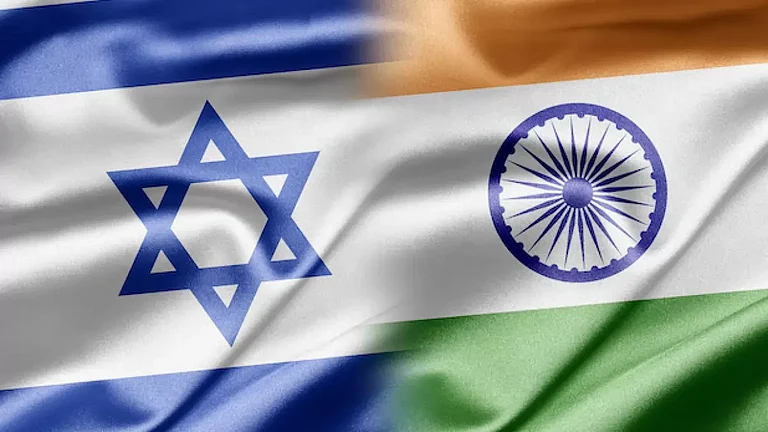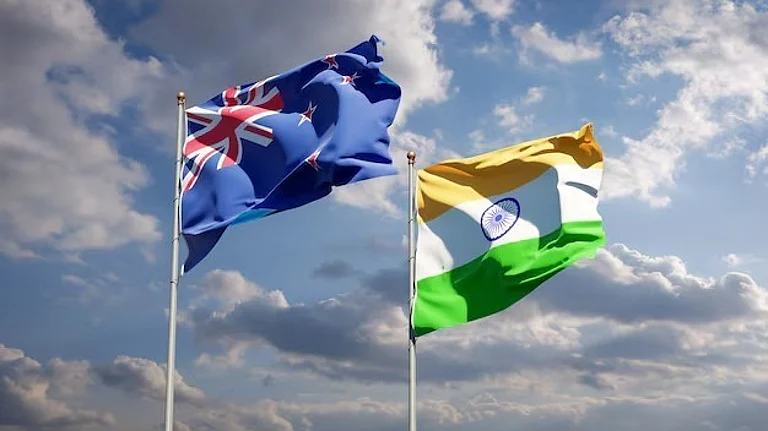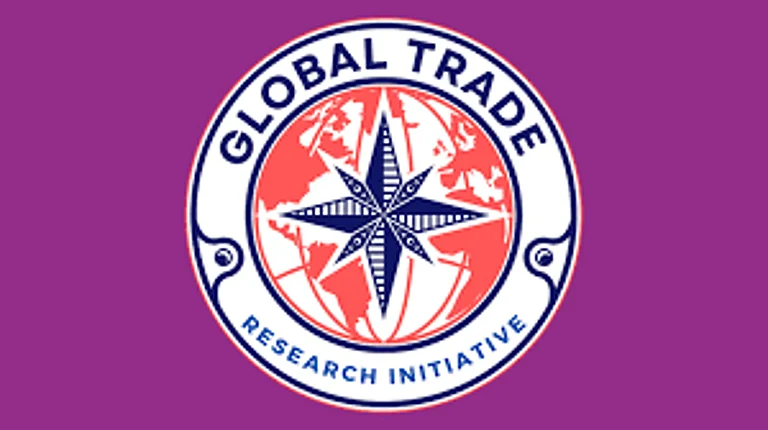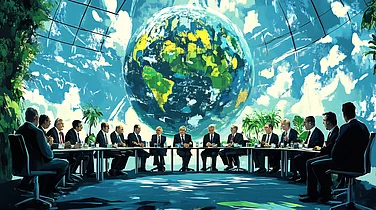The renewed push by India and Israel to restart free trade agreement (FTA) talks should be guided more by strategic cooperation in areas such as defence manufacturing, electronics, semiconductors, water and irrigation technology, precision agriculture, and cybersecurity than by gains in merchandise trade, think tank GTRI said on Monday.
The Global Trade Research Initiative (GTRI) said Israel is a high-income, technology-driven market of under 10 million people, limiting demand for Indian mass-market exports such as textiles, automobiles or general engineering goods.
In sectors where India is competitive -- agriculture, generics, steel, chemicals -- Israel is either self-sufficient, tightly regulated through quality and phytosanitary norms, or already offers tariff preferences to partners like the EU and the US.
This keeps Indian products at a structural disadvantage and as a result, commerce remains concentrated in a few niche categories such as diamonds, rice and ceramic tiles, it added.
"For both countries, therefore, the value of the renewed FTA effort lies less in merchandise trade and more in strategic cooperation -- in defence manufacturing, electronics, semiconductors, water and irrigation technology, precision agriculture, cybersecurity, and frontier R&D," GTRI Founder Ajay Srivastava said.
The two countries last week inked terms of references to formally start FTA talks again soon.
New Delhi and Jerusalem first opened FTA talks in 2010, held several rounds through 2012-13, and then allowed the process to drift after 2014 as both sides struggled over tariffs, standards and access for sensitive products.
After nearly a decade of inactivity, the effort has been re-energised following a series of high-level exchanges in 2024-25, the two governments have finalised new Terms of Reference to relaunch negotiations, he said.
India exported USD 2.1 billion in goods, led by cut and polished diamonds (USD 555 million), rice (USD 102 million), organic chemicals (USD 96 million), ceramic tiles (USD 81 million) and aircraft parts (USD 54 million).
Imports from Israel reached USD 1.5 billion, dominated by diamonds (USD 333 million), electronics (USD 350 million), including integrated circuits (USD 117 million) and electronic components (USD 66 million), as well as fertilisers (USD 135 million), insecticides (USD 63 million), and machinery (USD 91 million).






